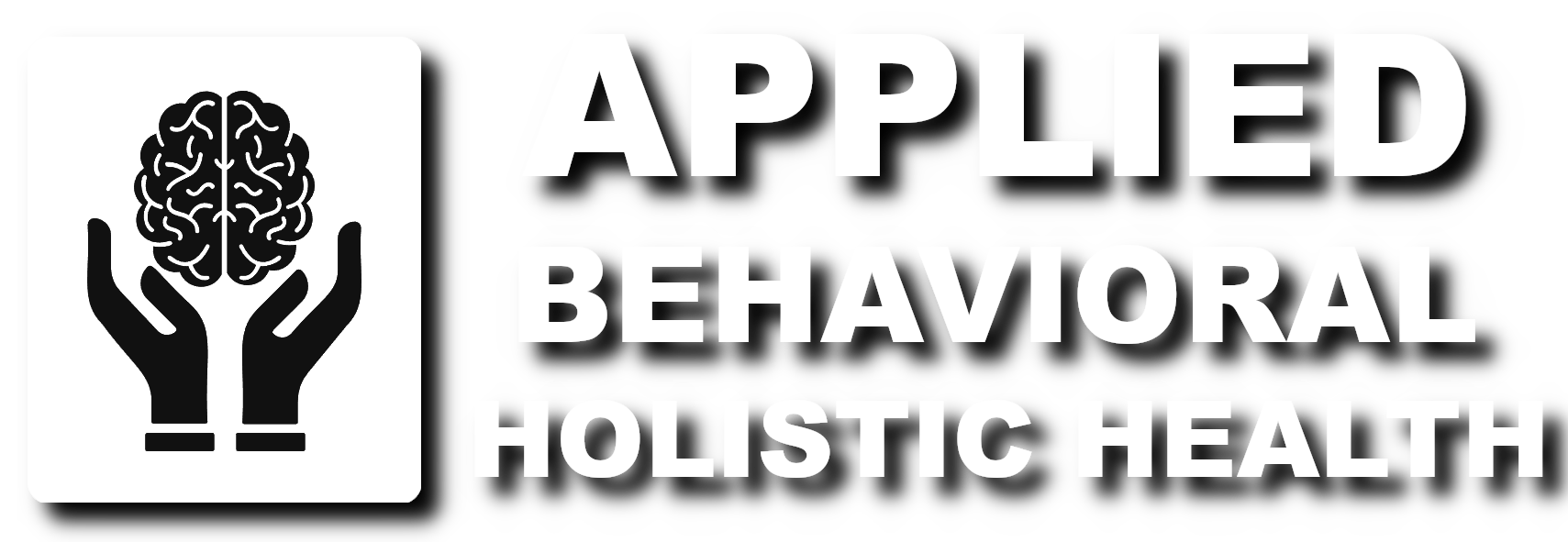“Did I mess up?” The thought raced through Alex’s mind, even as he tried to focus on the task at hand. His heart pounded with anxiety as he worried about every little thing. “Are they all watching me? What if they hate me for making a mistake?” It didn’t matter how many times he was reassured or how qualified he was for the job. The doubts wouldn’t go away. “I’m not good enough for this job,” he thought, the words echoing in his mind like a drumbeat.
Every day felt like walking on a tightrope, with one wrong step threatening to send him spiraling down. The office noise, the sudden changes in plans, the casual glances from coworkers—all of it added to the overwhelming pressure. “I’ll probably get fired if I keep this up,” Alex worried constantly, feeling as if he were on borrowed time.
For Alex and many others with autism spectrum disorder (ASD), these racing thoughts are part of the daily struggle. Despite being talented and qualified, maintaining consistent employment is often a significant challenge. Underemployment is common, not due to a lack of capability, but because of the hurdles they face both in and out of the workplace.
Navigating the Workplace with ASD
- Social Interactions: Alex finds it tough to navigate the social dynamics of the office. He’s constantly worrying about saying the wrong thing or misunderstanding others, which can impact his relationships with colleagues and supervisors. This difficulty with social cues can sometimes make him seem distant or unapproachable, even though he desperately wants to fit in.
- Social Anxiety: Social situations often feel like a minefield. The fear of being judged or making a mistake can lead Alex to avoid interactions or become overly anxious during meetings. Even casual conversations at the water cooler can become a source of stress, making teamwork and collaboration feel like daunting tasks.
- Sensory Sensitivities: The hum of fluorescent lights, the chatter of coworkers, and the constant movement around the office can be overwhelming for Alex. Sensory overload is a daily battle, making it hard to focus and causing frequent headaches and exhaustion.
- Need for Routine: Alex thrives on routine. Sudden changes in plans or tasks can throw him off balance, leading to anxiety and a decrease in productivity. The unpredictable nature of work, with its constant shifts in priorities, can be a significant source of stress.
- Executive Functioning Challenges: Organizing tasks, managing time, and staying on top of responsibilities can be incredibly difficult. Even simple tasks like prioritizing emails or managing a to-do list can feel overwhelming, leading to missed deadlines or mistakes.
- Rigid Thinking and Behavioral Patterns: Alex often relies on certain routines and behaviors to cope with stress. These repetitive actions or strong focus on specific interests can sometimes be misunderstood in the workplace, leading to conflicts or misunderstandings with colleagues.
- Misunderstanding and Stigma: Despite his efforts, Alex often feels misunderstood. His coworkers might mistake his anxiety for aloofness or his need for routine as inflexibility. The lack of awareness and support in the workplace can lead to a less accommodating environment, affecting job stability.
How These Challenges Spill Over into Life
- Relationships: Outside of work, the social anxiety and communication difficulties continue. Alex struggles to connect with friends and family, often feeling like he’s on the outside looking in. This can lead to intense feelings of loneliness and isolation.
- Daily Routines: The need for structure and predictability doesn’t end when the workday does. Any disruptions at home, like a sudden change in plans or an unexpected visitor, can cause significant stress and anxiety, making it hard for Alex to relax or enjoy his time off.
- Mental Health: The constant worry about being judged or making mistakes takes a toll on Alex’s mental health. Anxiety, depression, and low self-esteem are constant companions, fed by the fear of being disliked or rejected.
- Self-Care: Sensory sensitivities and rigid routines affect even the most basic self-care habits. For example, Alex might stick to the same meals or clothing choices because trying something new feels too overwhelming. This can make maintaining a balanced lifestyle difficult.
- Financial Stability: Frequent job changes and underemployment can lead to financial instability, adding another layer of stress. Alex worries constantly about his ability to support himself, which only feeds into his anxiety and self-doubt.
- Educational Challenges: The challenges Alex faces at work often began in school, where social integration and managing workloads were difficult. These early struggles can leave lasting impacts on confidence and opportunities.
Understanding these challenges is crucial for creating supportive and inclusive environments, both at work and in personal life. By acknowledging and addressing these factors, we can help individuals with ASD thrive, reduce the frequency of job changes and underemployment, and support their overall well-being.



